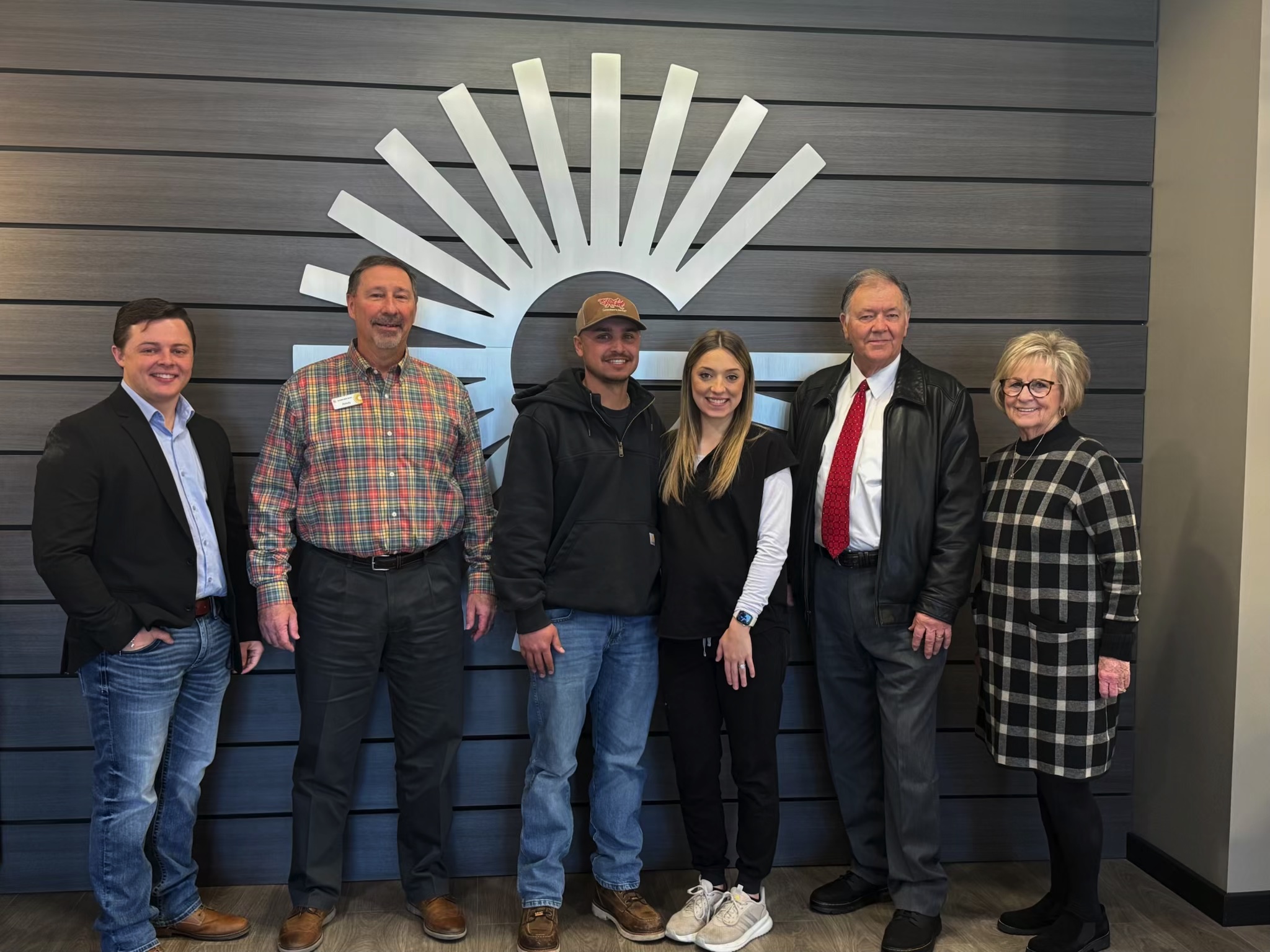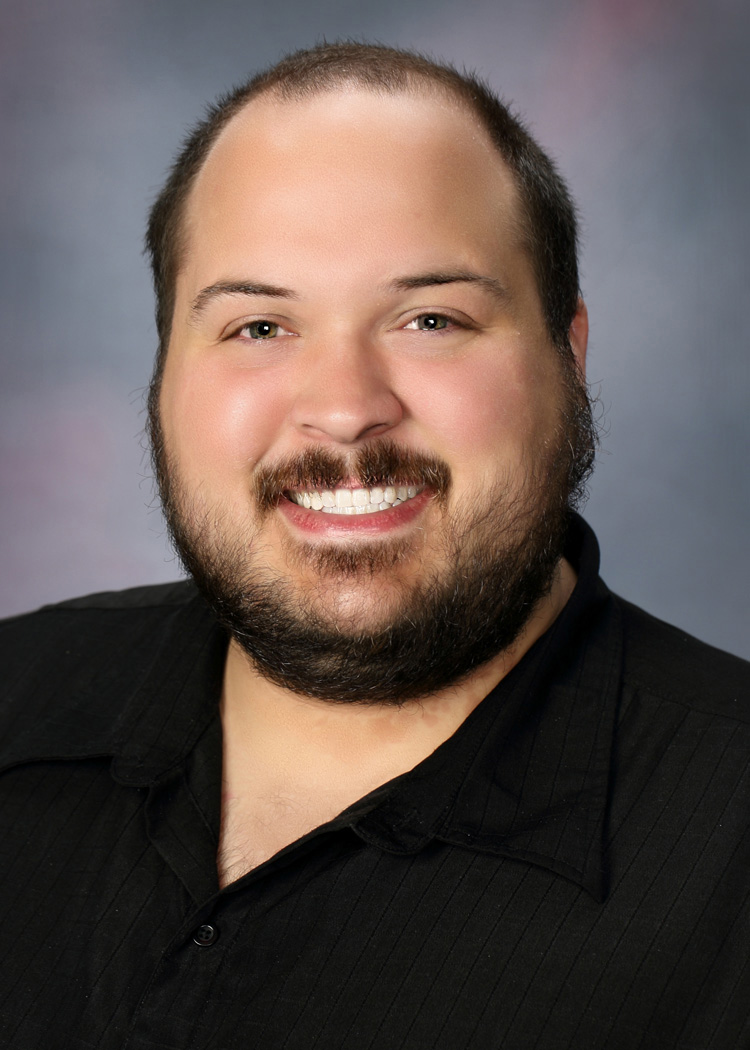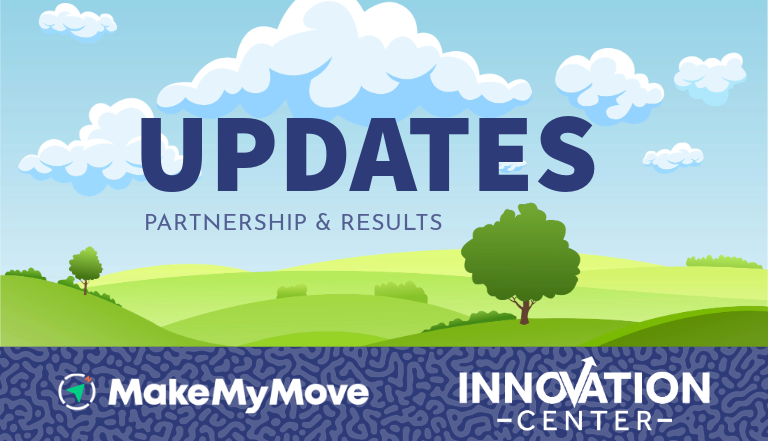One advantage of the Rural & Remote program is the ability of the individual to take the job-search process at their own pace. Whether one is actively seeking employment from the moment they finish the program, or whether they want to complete the program but wait to begin the job search, it is a decision that they get to make for themselves entirely. Many participants enjoy this autonomy and the sense that they are, in a sense, in charge of their own fate.
Andrew Gritten is an example of someone who wasn’t actively looking for a job when he began the program in 2019. Instead, he was simply interested in what the program had to offer. He was happily working an office job in downtown Scandia.

When the COVID pandemic hit and Gritten had the realization that job stability isn’t quite as promised as it once was, he decided to really dive into the program. A gifted developer, Gritten was able to find a job immediately upon concluding the program, which is still the job he holds today.
Gritten describes the order of events as completing the Workflow Academy, getting a job offer, and starting working. Gritten is employed by Flatland, which is a company based out of Texas. He works for Flatland as a Zoho developer.
Gritten originally heard about the Rural & Remote program via word of mouth. “I heard about it through the economic developer in Republic County,” Gritten explained. “He was just passing through and told me about the program. I talked to him and got in touch with Kade Wilcox and started doing the certifications.”
The desire to remain in Scandia was appealing to Gritten, as he enjoys the community and appreciates all it has to offer, citing it as a safe community that has a “good knack for keeping people here”.
“I wanted to go through the program to have other options available to myself. I thought it would be nice to have the option of a job somewhere else than where I was currently working, without the pressure of having to relocate if I accepted said job.”
Now on the other side of the transition from office job to work-from-home, Gritten does have some advice for future R&R program participants. “Evaluate the reasons you want to do it and fully decide to commit or decide it’s not for you,” he stated. “Gretchin [Staples, Program Director] does a good job of talking people through the process to see if it’s something they can feasibly do. If it’s something you want to do, you just need to jump in but just because you’re doing the program doesn’t mean you have to have a remote job. Try new things and keep your options open.”
Gritten does comment that it can be tough to balance job interviews and resumes for all the positions out there and that communication can be challenging when a large portion of it takes place over project management platforms such as Slack, or even through email. He suggests setting up a Zoom meeting to talk it out if the communication goes beyond four or five messages.
However, any communication issues faced are balanced out by the sheer flexibility of the work-from-home lifestyle. “The concept that you can’t leave work typically to run an errand- I don’t have to worry about my schedule affecting someone else,” said Gritten.
While Gritten appreciates the effort of the Scandia community to retain residents, be progressive, and keep businesses in town, he also recognizes that sometimes communities aren’t ready to move members to remote work. “There’s still available job board postings in our area–office clerks, secretaries, etc.,” said Gritten.
Gritten says it is important to evaluate how well you can manage your own time before taking on remote work. He tends to fill his mornings with the harder tasks when he feels he is most focused and on top of his game the best.
He does appreciate the support he received during his time in the program and even post-program, citing Maria Dahlquist and Gretchin Staples as being very helpful and supportive, making sure participants had the tools needed to be successful.








